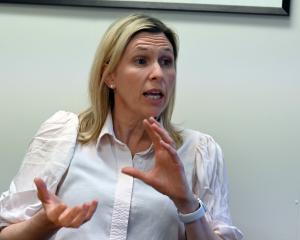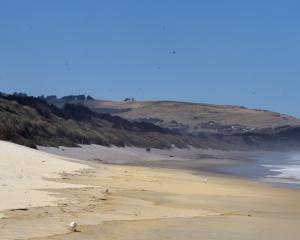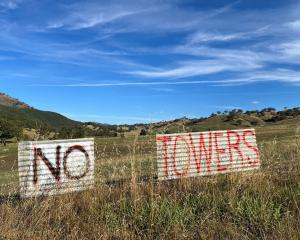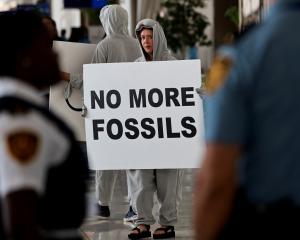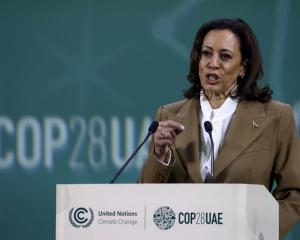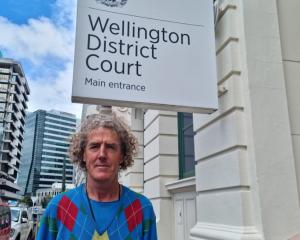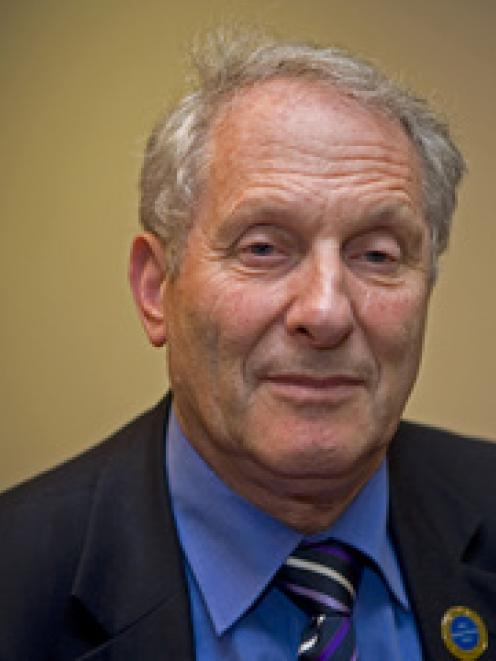
The University of East Anglia said at the weekend it had asked police to investigate the theft of information related to its Climatic Research Unit. It said it could not confirm that all the information posted online by the hackers was genuine.
The breach has occurred only two weeks out from an important international climate change meeting in Copenhagen.
The situation has led to bloggers reading the leaked data and accusing climate change scientists of overstating the case for global warming.
The leaked information included messages from sacked National Institute of Water and Atmospheric Research (Niwa) scientist Jim Salinger.
The names of Niwa scientist James Renwick and Auckland University climate scientist Chris de Freitas also appear, The Press newspaper reported.
Leaked emails include notes to Dr Renwick written by people including Dr Salinger discussing rebuttal to a research paper by Dr de Freitas and others.
Dr de Freitas, who has previously described himself as a climate "agnostic", said the leaked information showed there was a pro-climate change lobby.
His own view was that there was no solid evidence human beings were contributing to dangerous climate change.
Dr Salinger said any emailing going on between him and scientists at the British university saved money on toll calls and described the breach as a violation of privacy .
He said it was beyond dispute that human beings contributed to climate change and the research paper in question was "not credible".
Dr Renwick said there would always be academic disagreements when it came to issues such as climate change, but there didn't appear to be any evidence of deceit or cover-ups from the leaks.
A leading United States climate scientist, Kevin Trenberth, told the Associated Press he was appalled at the "very selective" use of the emails in the leak, and said they had been taken out of context.




